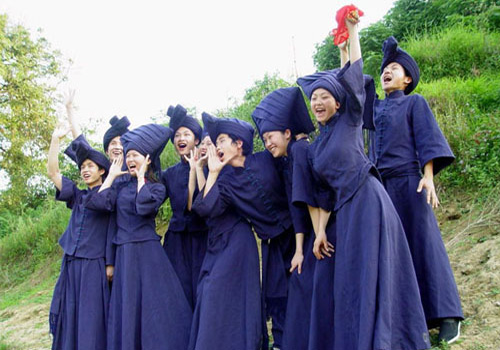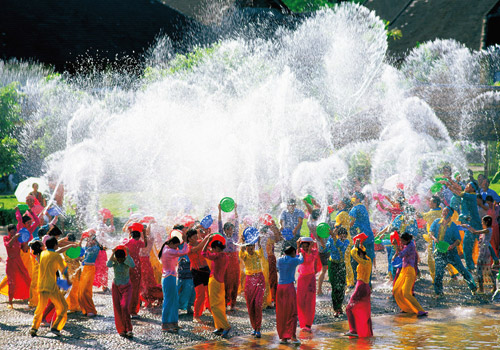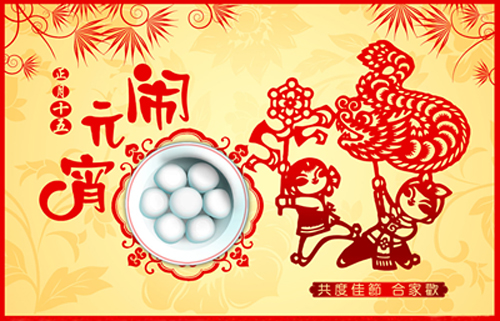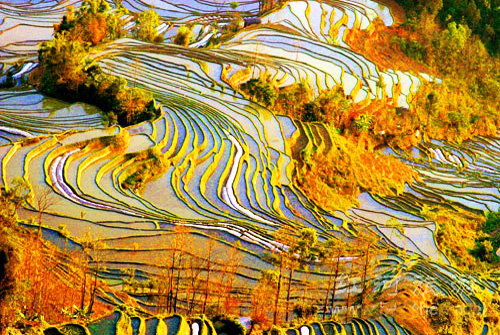VOC's Travel BLOG
Our Travel Blog is the place to share our real life, travel experiences in China with you. Besides, we will provide information related to Chinese culture and China travel guide. "A bosom friend afar brings a distant land near." Traveling makes us to be closer, let's discover China together!
All
China travel Guide(228)
China Food(38)
Life in Guilin(48)
Working at VisitOurChina(24)
Cultures(40)
News(12)
Festivals of Chinese Ethnic Minorities
2014-03-28 | Cultures

China is a country with vast land and composed by 56 ethnic groups. Except the Han nationality which accounts for approximately 91.51% of the total population of China, other nationalities only accounts for 8.49%, and consequently the other 55 are called minority nationalities. Though the population of the other 55 ethnic groups is much fewer, their varied festivals account for about 70% of the total amount of Chinas festivals, and these colorful festivals constitute an important part of Chinese culture and lives.

The Tibetan New Year is the most important festival in a year for Tibetan people. The formal celebration starts from the first day of the first month in Tibetan calendar and lasts for 15 days, but preparations are usually made one month early. As a way of welcoming the New Year, all the men and boys have to have their head shaved, correspondingly, women and girls will wash and comb their hair. An overall house cleaning is always needed before the festival, but the cleaning of ceiling and chimney should be done on auspicious days such as the dates of 3, 5, 7, 9, etc.
Happy Lantern Festival !
2011-02-16 | Cultures
We have many kinds of customs in China during Spring Festival (new year in Chinese lunar calendar). Usually, we stick New Year scrolls on the gates, hang laterns at the door, set off firecrackers and have dumpling dinner on New Year's Eve. We stay up late or all night on New Year's Eve, which we call Shousui (to keep the passing year and welcome the new year). Then we pay new year calls on the first day of the new year and visit our relatives and friends....






